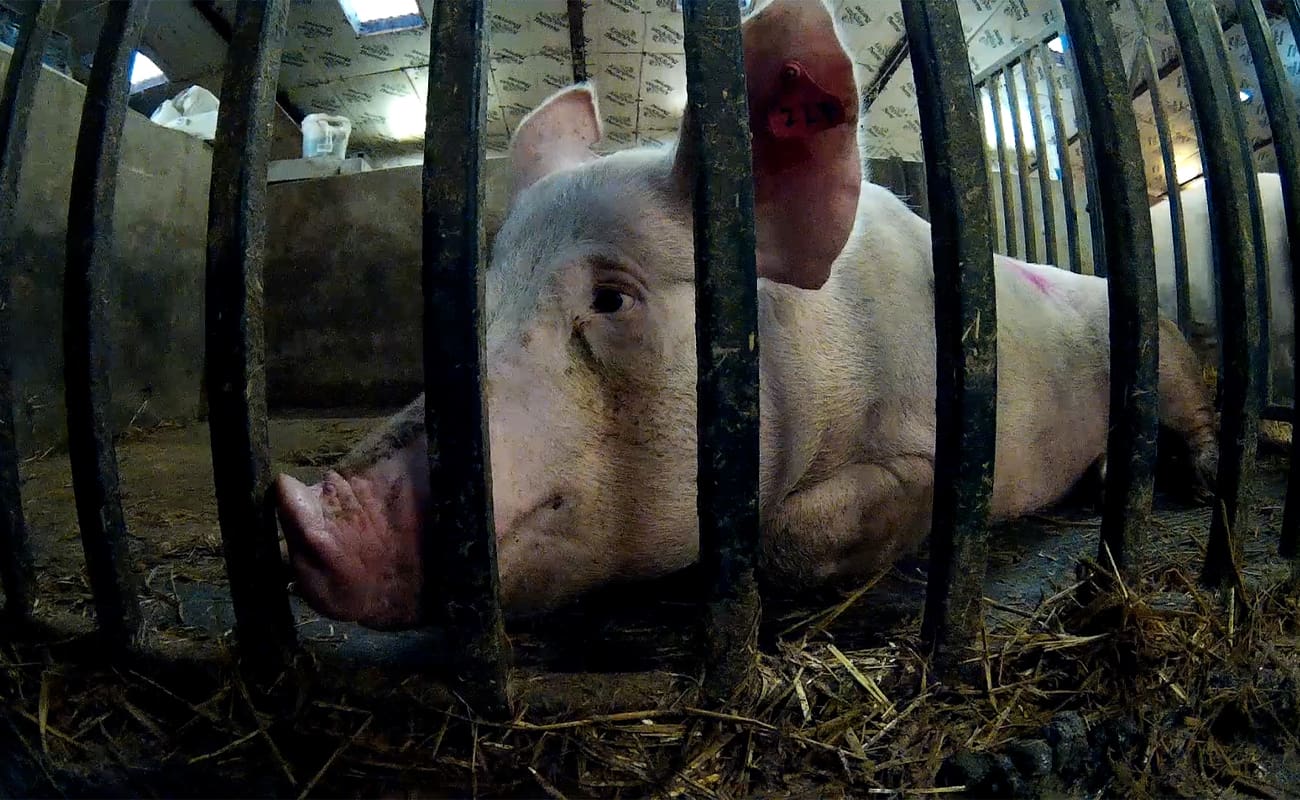Η Κοινοτική Δράση εστιάζει στη δύναμη των τοπικών προσπαθειών για την επίτευξη ουσιαστικής αλλαγής για τα ζώα, τους ανθρώπους και τον πλανήτη. Αυτή η κατηγορία υπογραμμίζει τον τρόπο με τον οποίο οι γειτονιές, οι ομάδες βάσης και οι τοπικοί ηγέτες συνεργάζονται για να ευαισθητοποιήσουν, να μειώσουν τη βλάβη και να προωθήσουν ηθικούς, βιώσιμους τρόπους ζωής στις κοινότητές τους. Από τη διοργάνωση εκστρατειών για φυτικά τρόφιμα έως την οργάνωση εκπαιδευτικών εκδηλώσεων ή την υποστήριξη επιχειρήσεων χωρίς σκληρότητα, κάθε τοπική πρωτοβουλία συμβάλλει σε ένα παγκόσμιο κίνημα.
Αυτές οι προσπάθειες λαμβάνουν πολλές μορφές - από την έναρξη τοπικών εκστρατειών για φυτικά τρόφιμα και εκπαιδευτικών εκδηλώσεων έως την οργάνωση υποστήριξης καταφυγίων ζώων ή την υπεράσπιση της αλλαγής πολιτικής σε δημοτικό επίπεδο. Μέσω αυτών των δράσεων στην πραγματική ζωή, οι κοινότητες γίνονται ισχυροί παράγοντες μετασχηματισμού, δείχνοντας ότι όταν οι άνθρωποι συνεργάζονται γύρω από κοινές αξίες, μπορούν να αλλάξουν τις δημόσιες αντιλήψεις και να δημιουργήσουν πιο συμπονετικά περιβάλλοντα τόσο για τους ανθρώπους όσο και για τα ζώα.
Τελικά, η κοινοτική δράση αφορά την οικοδόμηση διαρκούς αλλαγής από την αρχή. Δίνει τη δυνατότητα στους απλούς ανθρώπους να γίνουν φορείς αλλαγής στις δικές τους γειτονιές, αποδεικνύοντας ότι η ουσιαστική πρόοδος δεν ξεκινά πάντα σε κυβερνητικές αίθουσες ή σε παγκόσμιες συνόδους κορυφής - συχνά ξεκινά με μια συζήτηση, ένα κοινό γεύμα ή μια τοπική πρωτοβουλία. Μερικές φορές, η πιο ισχυρή αλλαγή ξεκινά με την ακρόαση, τη σύνδεση και την συνεργασία με άλλους για να κάνουμε τους κοινούς μας χώρους πιο ηθικούς, χωρίς αποκλεισμούς και πιο φιλόδοξους.
Η εργοστασιακή εκτροφή, ένα σύστημα σχεδιασμένο για μέγιστη απόδοση, έχει μετατρέψει την εκτροφή χοίρων σε μια διαδικασία που συχνά αγνοεί την καλή διαβίωση των ζώων. Πίσω από τις κλειστές πόρτες αυτών των επιχειρήσεων κρύβεται μια σκληρή πραγματικότητα σκληρότητας και οδύνης. Τα γουρούνια, ιδιαίτερα ευφυή και κοινωνικά ζώα, υποβάλλονται σε απάνθρωπες πρακτικές που δίνουν προτεραιότητα στα κέρδη έναντι της ευημερίας τους. Εδώ, εκθέτουμε μερικές από τις πιο συγκλονιστικές συνθήκες και θεραπείες που υπομένουν οι εκτρεφόμενοι χοίροι σε φάρμες εργοστασίων. Στενός περιορισμός: Μια ζωή ακινησίας και δυστυχίας Μία από τις πιο ανησυχητικές πτυχές της χοιροτροφίας είναι ο εγκλεισμός των χοιρομητέρων ή των χοίρων αναπαραγωγής σε κιβώτια κύησης—στενά μεταλλικά περιβλήματα που αποτελούν την επιτομή της σκληρής αποτελεσματικότητας της εργοστασιακής εκτροφής. Αυτά τα κιβώτια είναι ελάχιστα μεγαλύτερα από τα ίδια τα γουρούνια, συχνά έχουν μόνο 2 πόδια πλάτος και 7 πόδια μήκος, καθιστώντας φυσικά αδύνατο για τα ζώα να γυρίσουν, να τεντωθούν ή να ξαπλώσουν άνετα. Οι χοιρομητέρες περνούν σχεδόν όλη τους τη ζωή…


























































